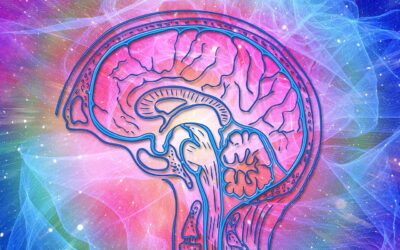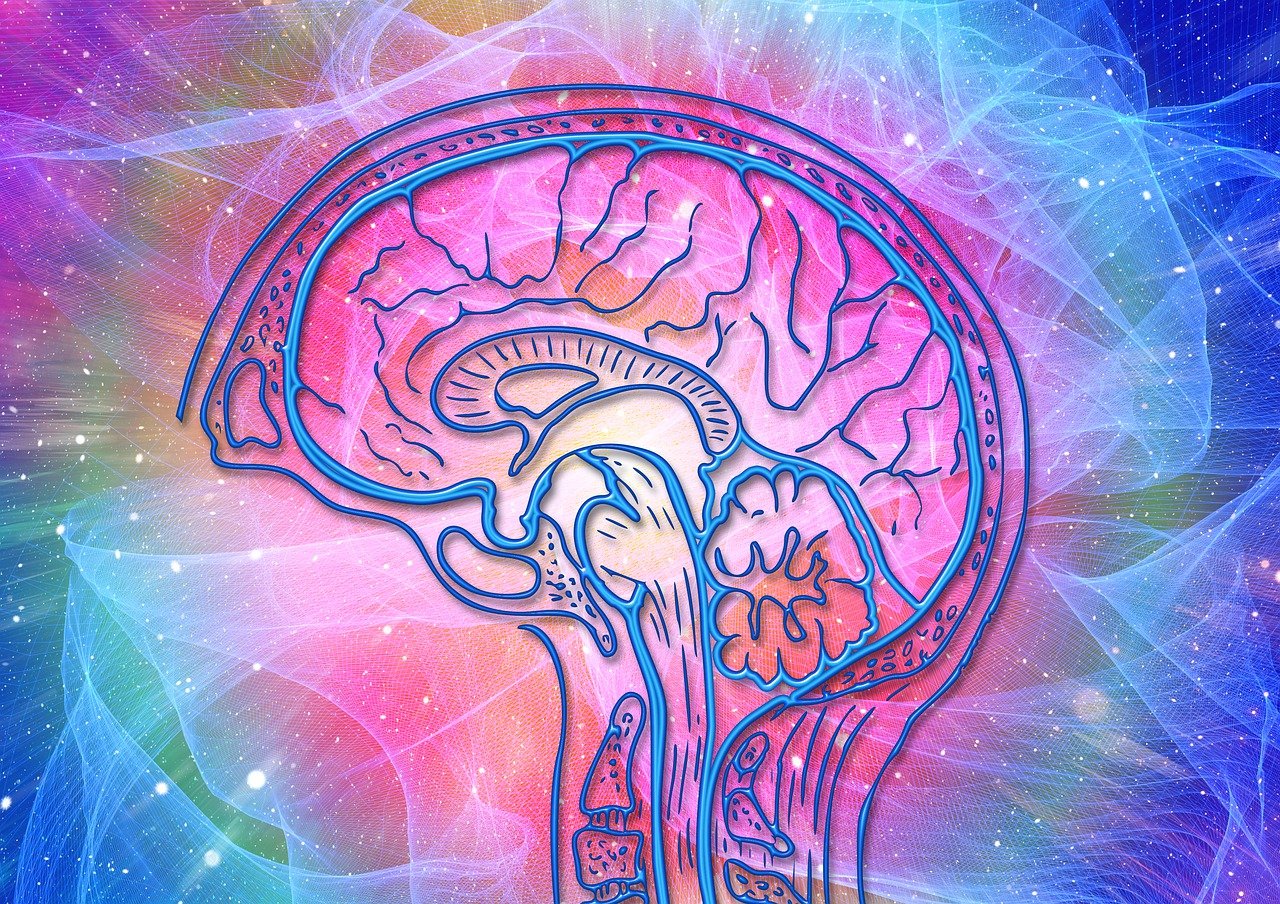The Future of Work with AI: Preparing Your Organization for Human-AI Collaboration

As artificial intelligence (AI) continues to advance, the workplace of the future will be characterized by seamless collaboration between humans and AI systems. Organizations that successfully navigate this transition will gain a significant competitive edge. How can businesses prepare for this new era of human-AI collaboration?
The Rise of AI in the Workplace
AI is already transforming various aspects of work, from automating routine tasks to enhancing decision-making processes. By 2025, the World Economic Forum predicts that the time spent on current tasks at work by humans and machines will be equal [1].
Redesigning Work Processes
To harness the full potential of human-AI collaboration, organizations need to reimagine their work processes.
Key Considerations:
- Identify tasks best suited for AI and those that require human skills
- Design workflows that seamlessly integrate AI and human contributions
- Create feedback loops to continuously improve AI systems based on human input
Companies that effectively redesign their processes can expect significant gains in productivity and innovation [2].
Developing AI-Ready Skills
As AI takes over routine tasks, human workers will need to focus on skills that complement AI capabilities.
Critical Skills for Human-AI Collaboration:
- Critical thinking and problem-solving
- Creativity and innovation
- Emotional intelligence and interpersonal communication
- AI literacy and data interpretation
Organizations should invest in training programs to help employees develop these skills and adapt to working alongside AI systems.
Creating a Culture of Trust
For human-AI collaboration to thrive, employees need to trust AI systems and understand their capabilities and limitations.
Building Trust in AI:
- Provide transparency in AI decision-making processes
- Educate employees on AI capabilities and limitations
- Establish clear guidelines for AI use and human oversight
- Encourage feedback and address concerns about AI implementation
A culture of trust will help reduce resistance to AI adoption and foster more effective collaboration [3].
Ethical Considerations in Human-AI Collaboration
As AI becomes more prevalent in the workplace, organizations must address ethical concerns.
Key Ethical Issues:
- Ensuring fairness and avoiding bias in AI-assisted decision-making
- Protecting employee privacy when using AI for monitoring or analysis
- Addressing the impact of AI on job displacement and reskilling
- Establishing accountability for decisions made by AI systems
Organizations that proactively address these ethical issues will be better positioned to build trust and navigate regulatory challenges [4].
Redesigning Physical and Virtual Workspaces
The integration of AI will require changes to both physical and virtual work environments.
Workspace Considerations:
- Creating areas for human-AI interaction and collaboration
- Designing interfaces that facilitate seamless human-AI communication
- Ensuring accessibility of AI tools across various devices and platforms
- Balancing remote work capabilities with in-person collaboration needs
Thoughtful workspace design can enhance the effectiveness of human-AI collaboration and improve employee satisfaction.
Leadership in the Age of Human-AI Collaboration
Leaders play a crucial role in guiding their organizations through this transition.
Leadership Priorities:
- Developing a clear vision for human-AI collaboration
- Fostering a culture of continuous learning and adaptation
- Balancing the benefits of AI with the well-being of human employees
- Making strategic decisions about AI investments and implementation
Effective leadership will be critical in realizing the full potential of human-AI collaboration [5].
Measuring Success in Human-AI Collaboration
Organizations need new metrics to evaluate the success of human-AI collaborative efforts.
Potential Metrics:
- Productivity gains from human-AI teams compared to human-only teams
- Employee satisfaction and engagement in AI-integrated work environments
- Innovation outcomes from human-AI collaboration
- Return on investment for AI implementation and training programs
These metrics can help organizations refine their strategies and demonstrate the value of human-AI collaboration.
Looking Ahead: The Evolving Nature of Work
As AI continues to advance, the nature of human-AI collaboration will evolve. Future trends may include:
- Increased use of AI for strategic decision-making and creative tasks
- Development of more intuitive and natural interfaces for human-AI interaction
- Growing importance of human skills in managing and directing AI systems
- Emergence of new job roles focused on optimizing human-AI collaboration
Organizations that remain adaptable and forward-thinking will be best positioned to thrive in this new era of work.
[1] https://www.weforum.org/reports/the-future-of-jobs-report-2020/
[2] https://hbr.org/2018/07/collaborative-intelligence-humans-and-ai-are-joining-forces
[3] https://www.mckinsey.com/featured-insights/artificial-intelligence/notes-from-the-ai-frontier-ai-adoption-advances-but-foundational-barriers-remain
[4] https://www.technologyreview.com/2020/02/17/844721/ai-ethics-7-artificial-intelligence-research-insights-to-know-from-experts/
[5] https://sloanreview.mit.edu/article/how-to-manage-ai-decision-making-tools/









